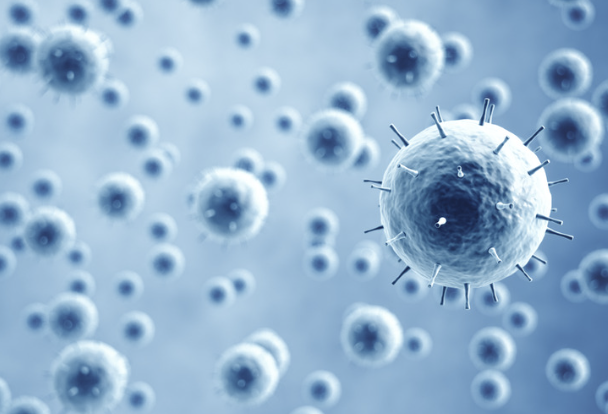- What is Ureaplasma?
Ureaplasma is a group of bacteria which is often found in the reproductive, respiratory and urinary tracts of men and women.
2. What are the symptoms?
Often you are symptomless if you have Ureaplasma.
However, some common symptoms include:
- Pain or burning during urination
- Pain during sex
- Abnormal discharge
- Unpleasant smell
- Difficulties conceiving
3. How can Ureaplasma impact me?
Ureaplasma if in small numbers can live in the body with few issues.
However, if Ureaplasma is found in high relative numbers then it can disrupt your vaginal microbiome balance and cause a range of issues.
a/ Fertility
- Ureaplasma is known for causing issues relating to the reproductive systems of both men and women.
- This also raises the likelihood of complications such as miscarriage, stillbirth and preterm birth.
- This is why for those experiencing unexplained infertility in particular, we would highly recommend testing to see if you have Ureaplasma present in either microbiome.
b/ Preterm birth
- Ureaplasma can increase your risk of preterm birth.
c/ Newborn health
- Ureaplasma can be passed on during childbirth, therefore it is able to impact newly born children.
- This can cause a range of issues for the newborn, such as respiratory concerns.
d/ Risk of infection
- This includes infections such as BV, STDs, and more.
- By disrupting your microbiome, this leaves you more susceptible to other infections, as you are less protected.
e/ Uncomfortable symptoms
- Including: itchiness, pain during sex, abnormal discharge
- The presence of infections and an imbalanced microbiome mean that you are much more likely to experience a range of other unpleasant symptoms.
4. Can I test for Ureaplasma?
Yes, you can.
Although the NHS doesn’t often test for Ureaplasma, there are many different available tests online that test for Ureaplasma — this ranges from PCR to NGS.
You can test for Ureaplasma using our NGS testing microbiome screening service. As we screen 100% of bacteria present in your microbiome, we are able to tell not just whether Ureaplasma is present, but also the relative amount of Ureaplasma present. This will give you a much clearer indication of how much Ureaplasma could be impacting you [in comparison to other methods such as PCR].
5. How to get rid of Ureaplasma?
Ureaplasma is often viewed as being hard to get rid of due to it not having a cell wall. This means it does not respond to many antibiotics in the same way that other bacteria do. However, this bacteria can still be treated with certain types of antibiotics — this is why it is good to know whether you have this bacteria prior to starting antibiotic treatment.
We would always advise speaking to a healthcare professional prior to starting any antibiotics, as well as making sure you finish your antibiotic course.
6. How to prevent Ureaplasma?
Ureaplasma can be transmitted sexually, so it is important to use adequate protection to prevent any partners passing this on to yourself.
However, Ureaplasma can still colonise without having sex — therefore it is also important to make sure your microbiome as protected as possible. To do this it is important to make sure that your microbiome is healthy and balanced. If you would like to learn more about this then head over to our free Vaginal Health Clinic! Or book a consultation with one of our intimate health experts.
Or test your microbiome today and speak to one of our intimate health practitioners for FREE!
Fariba Khonsari



